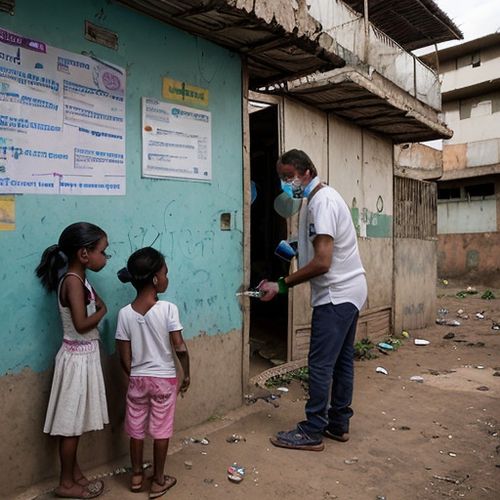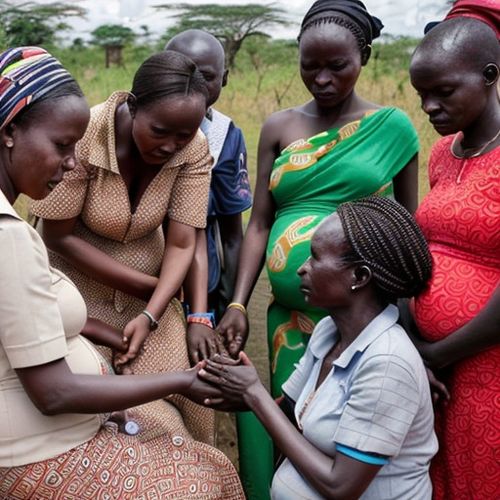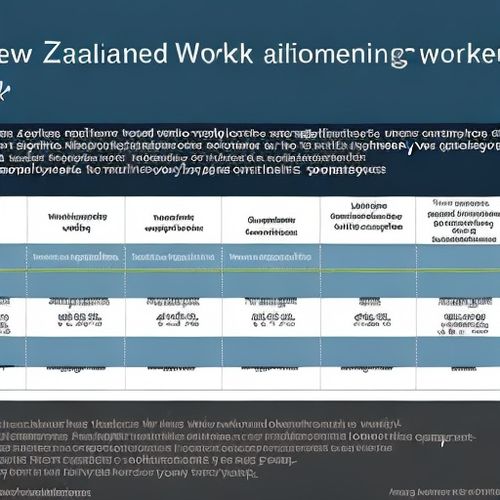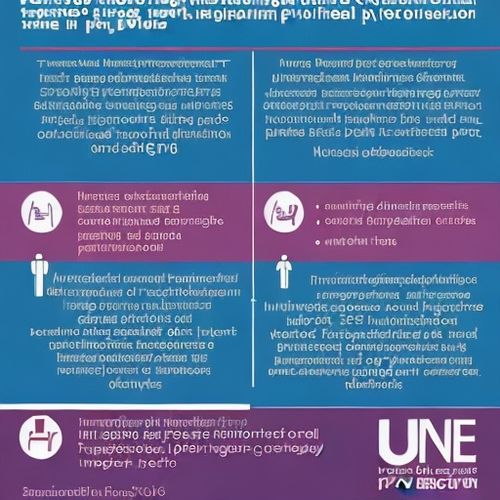Japan's national Shokuiku (food education) initiative represents a comprehensive legislative approach to addressing childhood nutrition and obesity prevention. Implemented through the Basic Law on Shokuiku, this program establishes mandatory nutrition education standards integrated across school curricula and community programs.
Program Architecture
The Ministry of Education, Culture, Sports, Science and Technology oversees a multi-tiered implementation structure incorporating classroom instruction, school meal programs, and community partnerships. Local municipalities adapt national guidelines to regional dietary cultures while maintaining core nutritional standards.
Educational Components
The curriculum framework emphasizes developmentally appropriate nutrition knowledge, practical cooking skills, and food system understanding. Age-specific learning objectives progress from basic food recognition in early childhood to sophisticated dietary analysis in secondary education.
School Meal Integration
Centrally planned school lunches serve as practical nutrition education tools, following strict nutritional guidelines developed by dietitians. Meal programs incorporate pedagogical elements that reinforce classroom concepts through daily dining experiences.
Behavioral Development Focus
The program emphasizes cultivation of lifelong food competencies including mindful eating practices, self-regulation skills, and critical evaluation of food choices. These skills are developed through repeated practical applications across grade levels.
Community Engagement Strategy
Local implementation involves coordinated efforts between schools, agricultural organizations, food businesses, and health institutions. This networked approach creates consistent nutrition messaging across children's environments.
Quality Assurance Mechanisms
Standardized teacher training programs ensure instructional quality, while periodic assessments monitor program fidelity. National surveys track both knowledge acquisition and behavioral outcomes across demographic groups.
Policy Synergies
Shokuiku coordinates with complementary initiatives including school health screenings, physical activity programs, and local food production support. This integrated approach addresses obesity through multiple simultaneous pathways.
Implementation Challenges
Urban-rural disparities in resource allocation present ongoing difficulties in maintaining program uniformity. Changing family structures and food environments require continuous curriculum adaptation to remain relevant.
Evaluation Framework
Longitudinal studies employ mixed-method assessments of both short-term knowledge gains and long-term health outcomes. Research examines program impacts across socioeconomic groups to identify equity gaps.
Cultural Adaptation
While rooted in traditional Japanese dietary principles, the program incorporates evidence-based updates to address modern nutritional challenges. This balance preserves cultural food heritage while responding to contemporary health needs.
Future Development Priorities
Program enhancements focus on digital education tools, family engagement strategies, and integration with emerging nutrition science. Policy adjustments aim to strengthen connections between school-based education and home food environments.
Global Relevance
Japan's systemic approach offers insights for international efforts to institutionalize nutrition education. The program demonstrates how coordinated policy, education, and community action can collectively influence dietary behaviors at population scale.
The Shokuiku framework represents an innovative model of sustained, multi-sectoral intervention for childhood obesity prevention. By embedding nutrition education within core schooling and community systems, Japan has created a sustainable approach to developing lifelong healthy eating competencies. The program's continued evolution serves as a valuable reference point for global nutrition policy development.

By Emily Johnson/Mar 29, 2025

By Olivia Reed/Mar 29, 2025

By Benjamin Evans/Mar 29, 2025

By Jessica Lee/Mar 29, 2025

By Benjamin Evans/Mar 29, 2025

By Noah Bell/Mar 29, 2025

By Emily Johnson/Mar 29, 2025

By Grace Cox/Mar 29, 2025

By Megan Clark/Mar 29, 2025

By Sophia Lewis/Mar 29, 2025

By Joshua Howard/Mar 29, 2025

By Ryan Martin/Mar 29, 2025

By John Smith/Mar 29, 2025

By Megan Clark/Mar 29, 2025

By George Bailey/Mar 29, 2025

By Ryan Martin/Mar 29, 2025

By Benjamin Evans/Mar 29, 2025

By Emma Thompson/Mar 29, 2025

By Lily Simpson/Mar 29, 2025

By Amanda Phillips/Mar 29, 2025